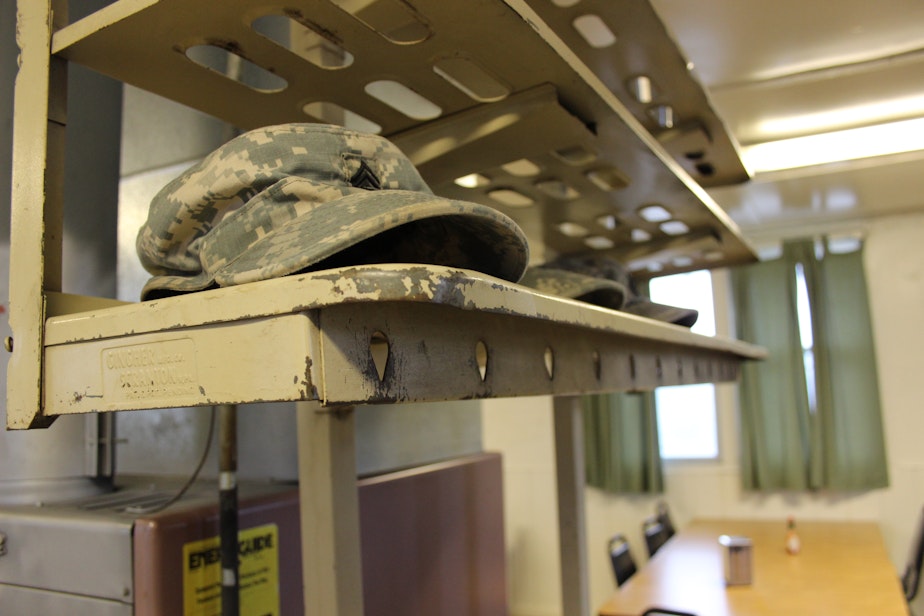Who are the warriors?

Americans are disconnecting from the military that projects our national presence around the world.
In 1980 the Census Bureau reported that 18 percent of Americans had served in the armed forces. By 2016 that number had dropped to 7 percent.
It matters when Americans lack a first-hand knowledge of the U.S. military, either through serving or from being in the family of a person who serves. Military veterans face many challenges with health care and homelessness. Military families are subject to strains civilians can only imagine.
With fewer Americans in the military service, that also means the percentage of veterans in Congress has dropped steadily since the late 1970s. Then, about three out of four members of Congress had served in the armed forces. By 2017 that number had dropped to 20 percent.
The U.S. military is a huge budget item Americans pays for with their taxes. Congress also has the power to rein in a president’s deployment of U.S. military forces.
Danielle Lipton of the Washington Post studied the impact of Congress on deployment of force and found veterans were more willing to limit the number of troops deployed in Iraq and Afghanistan or to want to bring troops home from these wars. Veterans also were more likely to vote for increased Congressional access to information about these military conflicts.
In other words, members of Congress with military service were more willing to oversee and restrain the White House’s military deployments.
In order to help promote understanding between veterans and the majority of Americans without direct connections to the U. S. military, KUOW and the King County Library System are sponsoring an event called 'Ask A Veteran' on October 4 at 6:30 pm at the Auburn Library. It’s an opportunity to sit down and talk one-on-one with a group of veterans eager to make their experience known to civilians.
Sign up to attend 'Ask A Veteran.'
We asked some of the veterans who signed up to be part of the event to give us a few initial thoughts on what they would like you to know:
“Those who serve and have served their country in the military are diverse, with diverse points of view. We are not all old white conservative males … My service has left me with a greater appreciation of basic human decency and kindness and less tolerance for people’s cruelty towards one another.” - Active duty, Army and National Guard
“Obstacles veterans face integrating back into civilian life, what it's like to go back to school, look for a job, and how it colors interactions with non-military folks.” - Retired veteran
“I want people to understand how veterans are treated and the issues they deal with, including PTSD, alcoholism, and drug abuse.” – Retired veteran, Iraq and Afghanistan




